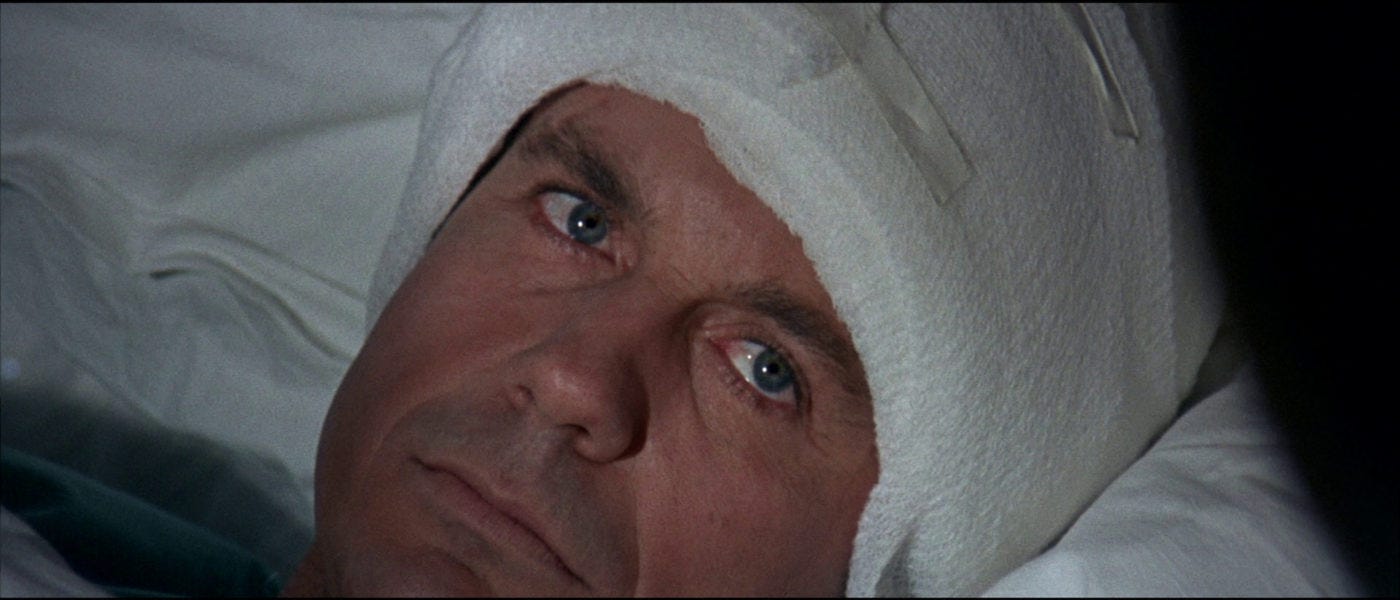IQ, Algernon, and Introspection
There are a lot of people who take offense at the idea that people have different levels of intelligence – and even at the idea that something called “intelligence” exists. As with most controversial issues, more data is unlikely to change their minds. Since they find the starting point objectionable, even a mountain of evidence seems to beg the question.
But perhaps the problem is that critics need a different kind of evidence. While on vacation, I came across one of my favorite childhood stories, “Flowers for Algernon,” by Daniel Keyes, and frankly it’s a more convincing brief for the reality of intelligence than a dozen of the best journal articles. “Flowers for Algernon” is written in the first person by Charlie Gordon, a mentally retarded janitor. The hook is that he gets experimental surgery that gradually raises his IQ up to the genius level. With each entry in Charlie’s diary, we witness his mental development.
Here’s how the story starts:
Dr. Strauss says I shud rite down what I think and every thing that happens to me from now on. I dont know why but he says its importint so they will see if they will use me. I hope they use me. Miss Kinnian says maybe they can make me smart. I want to be smart. My name is Charlie Gordon. I am 37 years old. I have nuthing more to rite now so I will close for today.
A few weeks after his IQ-enhancing operation, Charlie retakes an inkblot test:
[The tester said] “What do you see on this card? People see all sorts of things in these inkblots. Tell me what it might be for you – what it makes you think of.”
I was shocked. This wasn’t what I had expected him to say. “You mean there are no pictures hidden in those inkblots?”
He frowned and took off his glasses. “What?”
“Pictures. Hidden in the inkblots. Last time you told me everyone could see them and you wanted me to find them too.”
He explained to me that the last time he had used almost the exact same words he was using now.
Here’s Charlie around the time his IQ peaks:
I have often reread my progress reports and seen the illiteracy, the childish naivete, the mind of low intelligence peering from a dark room through the keyhole at the dazzling light outside. I see that even in my dullness I knew I was inferior, and that other people had something I lacked – something denied me. In my mental blindness, I thought it was somehow connected with the ability to read and write, and I was sure that if I could get those skills I would automatically have intelligence too.
Yes, it’s fiction. In fact, it’s science fiction – the short version won the Hugo Award and the long version won the Nebula Award. But what makes it great fiction is its psychological realism. Keyes captured what different levels of intelligence feel like. As I’ve argued before, we dismiss this kind of evidence at our own peril.

The post appeared first on Econlib.


I read the story, "Flowers for Algernon" as a young teen. I never saw the movie. The story moved me enough to know that anyone who was so cruel to say that there weren't any differences in intelligence was not worth listening to. There are differences in developmental rates as well.
Even as that young teen, I noticed that around fourth grade, friends from first and second grade seemed to self-separate into two groups, those who would continue learning and those who tuned out. In kindergarten and first grade almost everyone was on par with each other. By fourth grade, people were turning off on school. They were self-separating into two groups: interested and disinterested in learning.
There are a lot of differences in intelligence. Some are inherited, and many seem to be a matter of choice. Throwing kids into socialization in nursery or kindergarten ought to be considered cruel and unusual punishment. I wanted to quit after the third day of kindergarten. I didn't actually tune into school until the other kids started to tune out, in fourth grade. I had a handsome male teacher, and he got my attention. Proving that there are any number of factors that can cause children to pay attention to the teacher (not so different from adults, either).
I read it in High School or Middle School. I thought it was the saddest story I had ever read. But, something like this happens to all of us somewhat as we age as well. I saw it with my dad. And when you experience it with age, you know you have lost something as well. Not to such an extent for most people, but still something is lost.